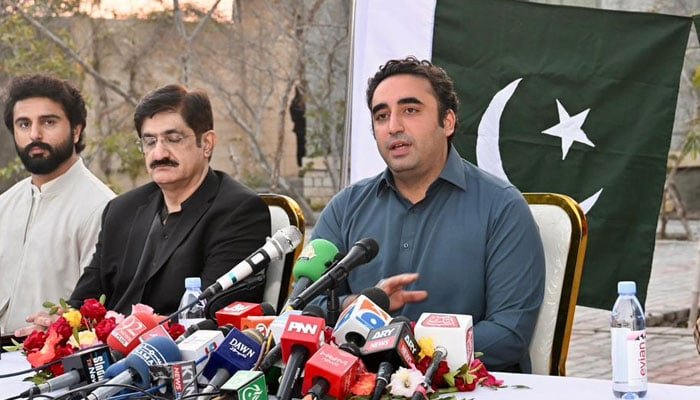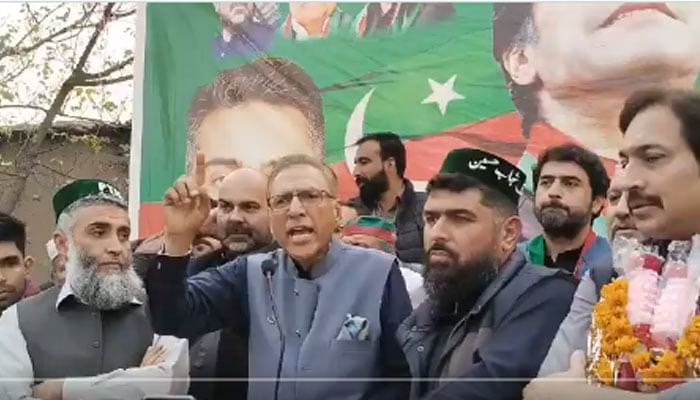During the hearing of a case concerning holding simultaneous elections across the country, Chief Justice Qazi Faez Isa questioned the role of the caretaker government, raising important queries about the legal framework and the jurisdiction of such a government.
The Chief Justice emphasized the importance of clean and transparent elections, highlighting that if the Election Commission of Pakistan (ECP) is tasked with conducting the elections, then why is a caretaker government constituted. He stated that the Parliament’s interpretation of the Constitution should be considered, and the progress that the country has made under the 21st Amendment should not be overlooked.
The context of this hearing revolves around the Chief Justice’s intervention in the decision to hold simultaneous elections across Pakistan. The legal proceedings have garnered significant attention, as they bear consequences for the country’s political landscape and its adherence to democratic norms.
During the hearing, Shah Khawar, a lawyer representing the Chief Election Commissioner, clarified that there is no need for the court’s intervention as this matter was already addressed by the previous courts. The decision to hold elections on a single day had been granted by the Supreme Court on May 14, and the caretaker government’s subsequent request to conduct simultaneous elections across the country had already been withdrawn.
Chief Justice Qazi Faez Isa stressed that if there were different opinions on a particular case, an official order of the court should have been issued. He questioned whether anyone had violated the Supreme Court’s order of May 14. The absence of the specific court order pertaining to the election’s scheduling seemed to be at the heart of the discussion.
Furthermore, the Chief Justice raised a significant point by asking whether there had been any violation of the Supreme Court’s order and what the status of the court’s order was regarding the election. Lawyer Farogh Naseem, representing the Pakistan People’s Party, mentioned that the Supreme Court had initially ordered the elections but was outside the 90-day constitutional period, and therefore, the lower courts had also transgressed by conducting elections on May 14.
The case brings to light several complexities surrounding the legal framework and the roles and responsibilities of various authorities in ensuring free and fair elections. Chief Justice Qazi Faez Isa’s questioning of the caretaker government’s actions reflects a commitment to upholding the rule of law and preserving democratic processes.
As this case unfolds, it is expected to continue shaping the discourse surrounding Pakistan’s political and legal landscape, particularly in relation to the conduct of elections and the powers vested in the caretaker government.



